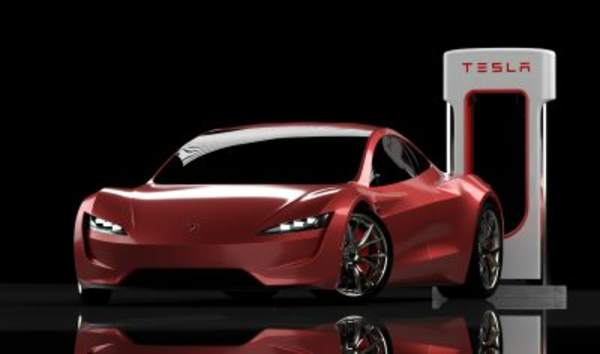Tesla is developing a vehicle that will sell at roughly half the price of the Model 3 and Model Y, expanding the company’s market reach.
Elon Musk noted the development of a lower-priced vehicle last week during Tesla’s third quarter earnings call. While vehicles at price points above $60,000 address approximately 5% of the total U.S. car market, the addressable market expands to 50% at roughly $30,000, Sam Korus, ARK Invest director of research, autonomous technology & robotics, wrote in an October 24 newsletter.
“In our view, fears of declining demand for Tesla vehicles are misplaced,” Korus wrote. “If anything, Tesla is supply constrained at current price points, and a $30,000 vehicle could expand demand ten-fold. We would not be surprised if Tesla’s next-generation vehicle is the cyber robotaxi.”
ARK funds that offer exposure to Tesla include the ARK Innovation ETF (ARKK ), the ARK Autonomous Technology & Robotics ETF (ARKQ ), and the ARK Next Generation Internet ETF (ARKW ).
ARK recently increased ARKK’s position in Tesla, adding 66,190 shares of Tesla as the stock reached a 52-week low, closing at $202 per share with a loss of 6.7% following Tesla’s third quarter earnings report, Barron’s reported
ARK added more Tesla stock to its portfolio in early October after the shares fell in response to news that third quarter deliveries were weaker than expected, Barron’s reported in October. Wood sold Tesla stock in early 2022, back when shares were trading between $300 and $350 apiece, according to Barron’s.
ARKQ invests in companies focused on and expected to substantially benefit from the development of new products or services, technological improvements, and advancements in scientific research related to, among other things, energy, automation and manufacturing, materials, artificial intelligence, and transportation. These companies may develop, produce, or enable autonomous transportation, robotics and automation, 3D printing, energy storage, and space exploration.
Companies within ARKW are focused on and expected to benefit from shifting the bases of technology infrastructure to the cloud, enabling mobile, new, and local services, such as companies that rely on or benefit from the increased use of shared technology, infrastructure and services, internet-based products and services, new payment methods, big data, the internet of things, and social distribution and media. These companies may develop, produce, or enable cloud computing and cybersecurity, e-commerce, big data, artificial intelligence, mobile technology, the internet of things, social platforms, blockchain, and P2P.
For more news, information, and strategy, visit our Disruptive Technology Channel.

